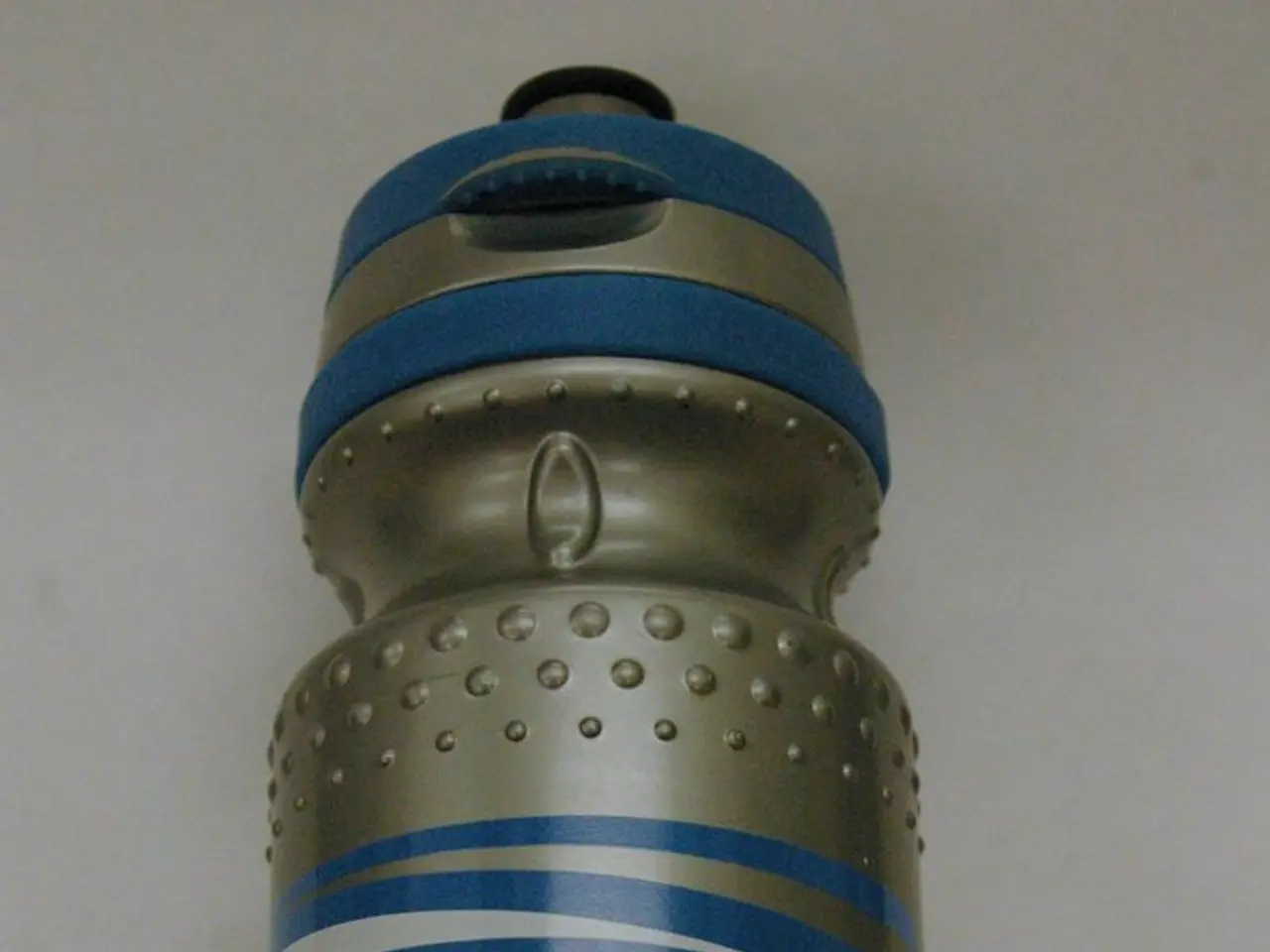Discovered Secrets Beyond Swedish Influence in Estonia
In a bid to address its soaring prison occupancy rate, Sweden has signed an agreement to rent up to 600 prison places in Estonia. This decision comes as Sweden grapples with rising incarceration rates due to tougher sentencing policies and increasing violent crime.
Estonia, on the other hand, has a significantly lower prison occupancy rate, thanks to successful crime prevention measures and reforms. With only slightly more than half of its prison places currently occupied, Estonia offers an attractive solution for Sweden.
The rental agreement will see Sweden pay 8,500 euros per inmate per month for each additional place, a savings of approximately 3,000 euros per prisoner per month compared to housing them domestically. For 300 prison places, Estonia will receive an annual minimum payment of 30.6 million euros.
The Tartu prison in Estonia, a very expensive and modern facility, will be the primary location for the housing of Swedish inmates. Currently, only around 300 of the prison places in Tartu are occupied, providing ample space for the incoming Swedish prisoners.
The first transfers of Swedish inmates to the Tartu prison could take place in the autumn of next year. Swedish prisoners will occupy cells similar to those of other prisoners in Estonia, and will follow the same daily routine. However, criminals convicted in Sweden for terrorism or serious organized crime will not be sent to Estonia.
Estonian officials view this arrangement as mutually beneficial, with the fixed annual minimum payment and per-prisoner fees helping keep its underutilized prison facilities operational and retaining prison staff. However, concerns have been raised regarding Estonia’s capacity to provide adequate security and services for foreign prisoners, as well as the broader impact on justice and rehabilitation outcomes.
As Sweden continues to grapple with its rising prison population, the rental of prison spaces in Estonia offers a temporary solution. However, the long-term implications for prisoner rehabilitation and justice system cohesion remain to be seen.
The rental of prison spaces in Estonia, coupled with the Tartu prison's availability, provides a unique opportunity for Sweden's family members of incarcerated individuals to stay connected, as they travel to Estonia to visit their loved ones. This arrangement also raises questions about the political implications, as general-news outlets discuss the potential impact on Estonia's crime-and-justice system due to the influx of Swedish prisoners.








